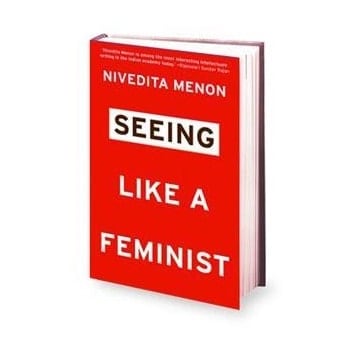Womenite has been founded by Harshit Gupta, an under graduate student from NSIT, alongside a core team also comprising of undergraduate students, closely working with the consulting experts in the fields of gynaecology and a counselling. The organisation aims at “awakening, encouraging, and asking people to understand a woman’s mind, her deepest reveries; to blaze forth a new wave of feminism where women are at par with men in every context of life.”
Deriving their inspiration directly from the belief that the society does not need heroes to rise and shine from the dust, but needs a change in the mindsets of those who think only one gender can rule. The team at Womenite wants to create a safe world for women where they can live free lives. Achieving gender equality is their salient goal, only to be realised through better awareness in the society. Their approach includes organising public workshops and events targeting issues, considered to be a taboo and building a comfortable haven where victims of abuse, assault, discrimination and violence, along with their family and friends can speak out about their experience without being judged or shamed. They believe their approach is unique, as they implicitly understand the power of young minds. Womenite gives prime importance to bringing a change from a grass root level, i.e. to start the process of change from within our schools.
During a set of workshops organized by the team, with young students, issues like online and offline stalking, harassment at school or home and eve-teasing were tackled, comfortably, with the students in presence of their educators. The workshops kicked off with more and more girls participating in the conversations.
Apart from the objective of covering as many schools in the vicinity and remote areas, ‘Womenites’ take the advantage of Rahgiri days. On every Sunday morning, when most of Delhi completes their sleeping hours, participants from Womenite, all under graduate students, venture out to spread awareness about ‘Unacceptable touch through Free Hugs, Free Hi-fives’ targeting issues such as sexual harassment on the streets or inside institutions, not limiting its scope to a specific gender and also inculcating Gender Equality.
Their growing impact and participations with renowned communities has gotten them the much needed support. The organisation offers participation to any student who wishes to redefine conventions and reduce gender gaps, as well as seek out related issues prevailing in our society today.
To find out more about Womenite and its work, pay them a visit at – www.womenite.com
If you want to be a part of the change, apply to Womenite here.








 There couldn’t have been a better time to talk about feminism. The entire country is angry towards the brutal gang rape incident, and for a change, women issues are being looked at without the prism of patriarchy. There has been a conscious effort on the part of the youth to change the misogynist setup that we have been living in since ages.
There couldn’t have been a better time to talk about feminism. The entire country is angry towards the brutal gang rape incident, and for a change, women issues are being looked at without the prism of patriarchy. There has been a conscious effort on the part of the youth to change the misogynist setup that we have been living in since ages. Indra that left everyone mesmerized. The venue was reverberating with the positive energy that the guests had brought along with them.
Indra that left everyone mesmerized. The venue was reverberating with the positive energy that the guests had brought along with them.